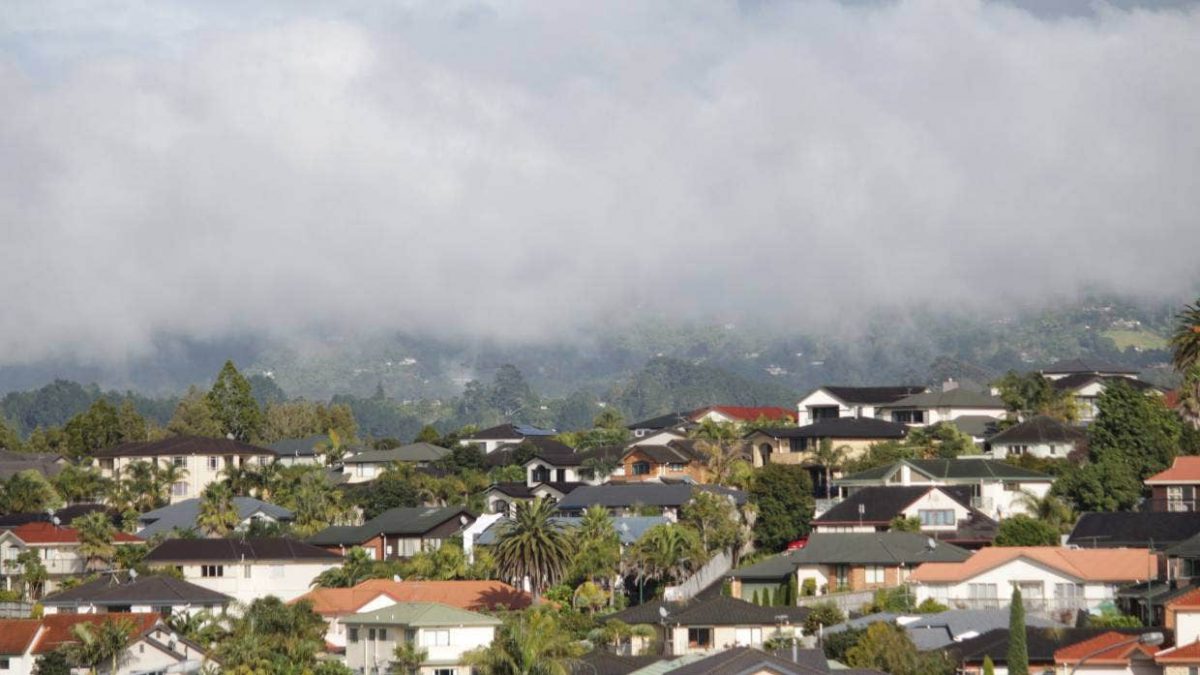Rents in the Auckland region rose by nearly 3 per cent last year, but that rate of increase is among the lowest in a decade, the city’s biggest real estate agency says.
Barfoot & Thompson’s latest quarterly data shows the average weekly rent was $609 in December, up 2.89 per cent on the average of $592 in December 2020.
Auckland’s average rent hit $600 for the first time early last year, and it climbed throughout the year.
Barfoot & Thompson director Kiri Barfoot said while rents continued to trend upward, the annual increase put last year’s rental price movements among the lowest in a decade.
“Only 2020’s 1.81 per cent rise, which was unique due to a six-month freeze on rents during the first lockdown, and 2019’s 2.58 per cent rise, were lower.”
The biggest annual increase was between December 2014 and 2015 when the average Auckland rent rose 6.73 per cent, or more than $31 per week, she said.
“In contrast, the average Auckland home currently costs around $17 more per week than it did a year ago.”
The fact Auckland’s rate of rent increases was the lowest in the 10-year period went against the grain of nationwide rental information.
Stats NZ’s latest rental price index showed rents for new tenancies nationwide were up 5.8 per cent in the year to December, while rents across the entire rental market, including existing tenancies were up 3.7 per cent.
But Auckland’s situation was different to the rest of the country. The Auckland CBD had become well-known for being an area where more rental properties were available and rents have dropped, due to the impact of Covid.
And Crockers Property Management’s latest Auckland rental price figures showed rent declines in some property sizes in some areas between 2020 and 2021.
Rents for three-bedroom homes in City Bays (Mission Bay to St Heliers) and Remuera were down by 4 and 3 per cent respectively, while rents for four-bedroom homes in Birkenhead/Northcote Point and Devonport declined by 7 and 8 per cent.
Barfoot said the bumpy period of lockdowns, rent freezes and changes in demand, such as in the Auckland CBD, meant many factors were at play in the last couple of years of rental figures.
“Rental price rises are now driven by increases in the cost of operating a rental property more than property values, while other factors, such as increased supply through new builds, help to balance that dynamic.”
But a small “catchup” from 2020’s freeze on rents might also be affecting the numbers, she said.
“Looking ahead, the impact of tightened lending on the first-home buyer and investor markets, the lack of tax deductibility for landlords, increases in interest costs and rising inflation are likely to show in the coming months.”
The agency’s figures showed the districts with the highest annual rate of increase last year were South Auckland and West Auckland, where rents were up by 4.72 and 4.19 per cent to $548 and $571 a week in December.

